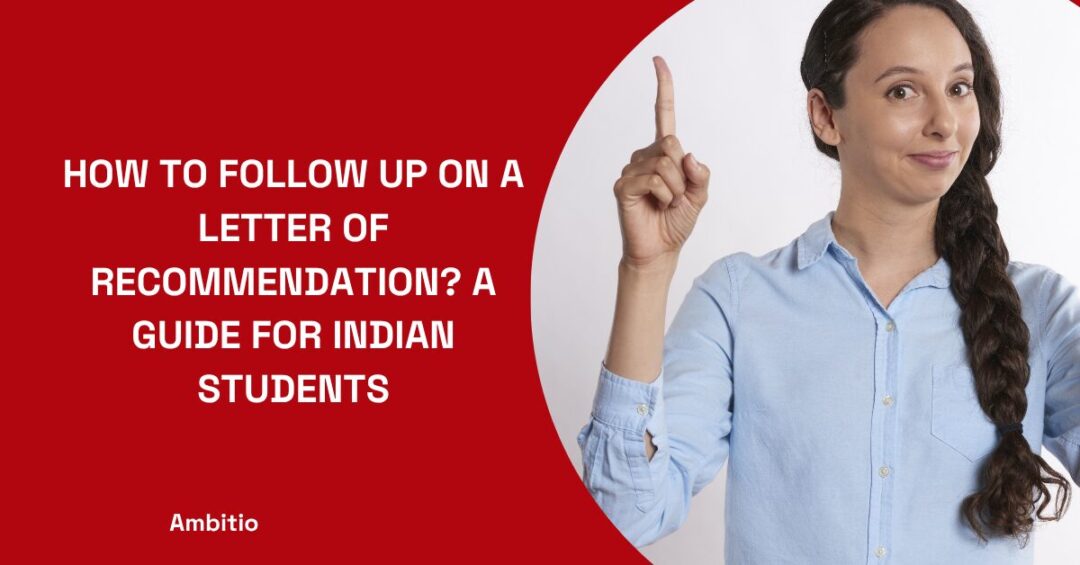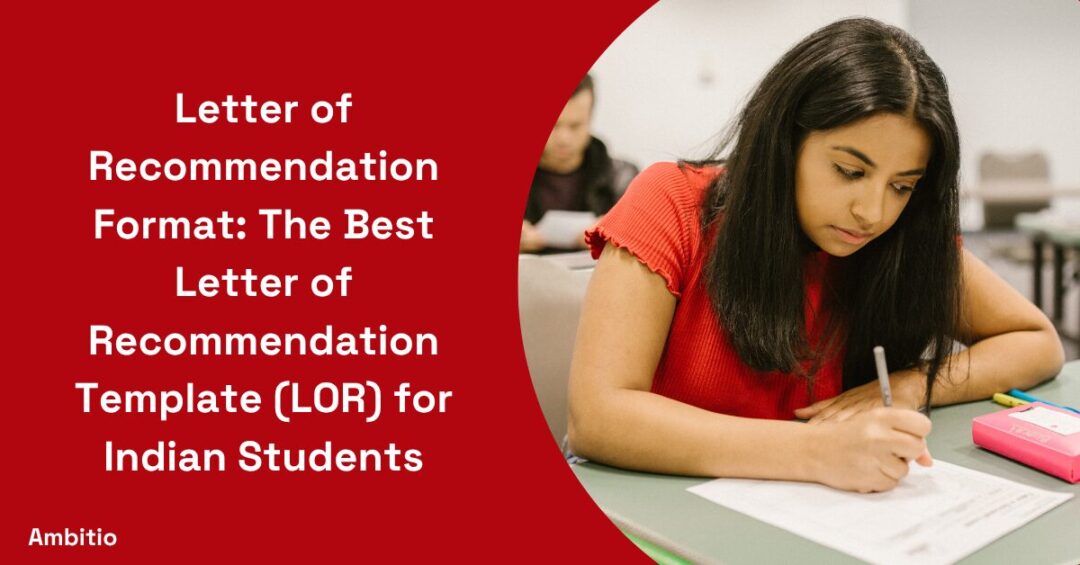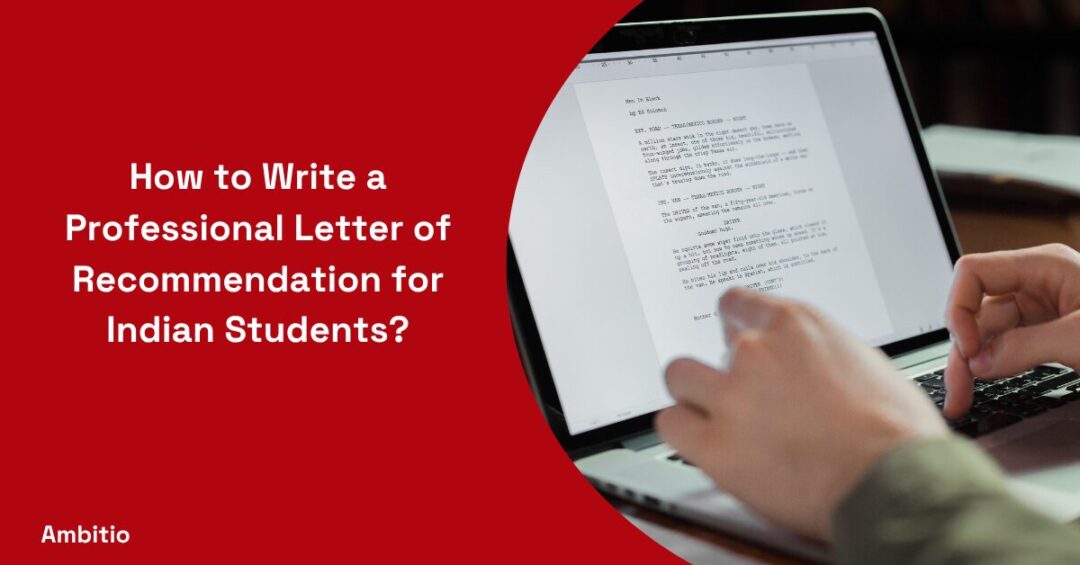27 June 2025
5 minutes read
How To Get Letters Of Recommendation For Grad School As An Indian Student?
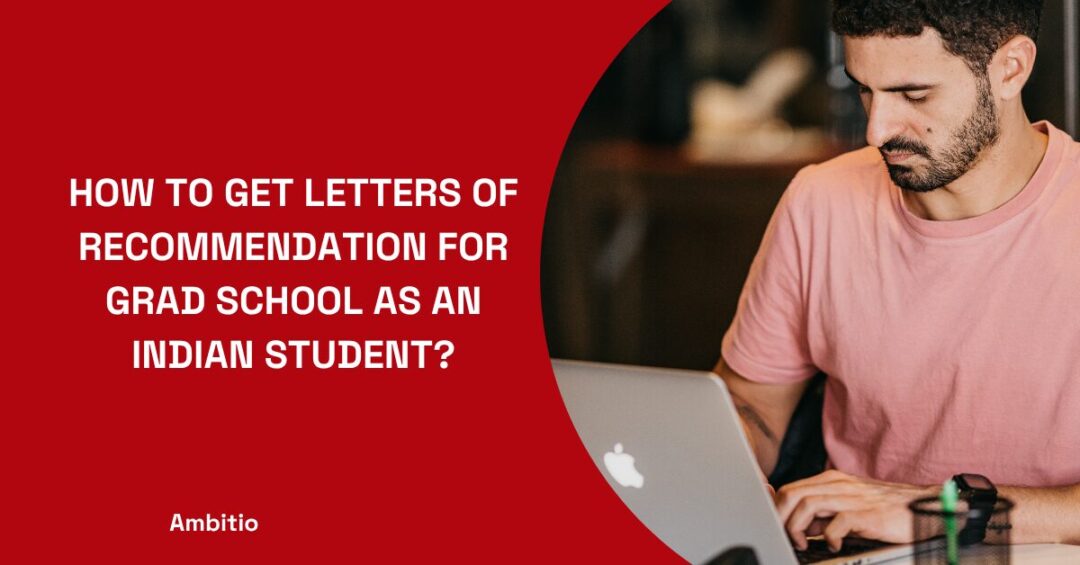
Key Takeaways
- Learn how to get letters of recommendation for grad school with smart planning, strong relationships, and early communication.
- Choose recommenders who know your academic work and can confidently vouch for your success in the program.
- Ask at least 4-6 weeks before the deadline and give them all the details they need to write a strong, specific letter.
A whopping 75% of grad school applicants underestimate how make-or-break their letters of recommendation really are, until they get ghosted by a professor two days before the deadline. Brutal, but true. Most students scramble last-minute, awkwardly emailing that one professor they barely knew or worse, their internship manager who doesn’t remember their name. What happens next? A bland, generic letter of recommendation for graduate school that does zero justice to your work ethic or qualifications.
Here’s the fix: treat your recommendation letter like your personal statement, intentional, strategic, and planned months in advance. Choose the right recommenders, guide them with context (your CV, statement of purpose, achievements), and give them ample time to write a strong letter. That’s how you get three letters of recommendation that actually impress the admissions committee not just fill space on your graduate school application.
What Is Recommendation Letter?
A recommendation letter is a formal document written by a recommender, usually a professor, employer, or mentor—who can attest to your skills, achievements, and readiness for a graduate program. It’s often submitted alongside your personal statement and other application materials.
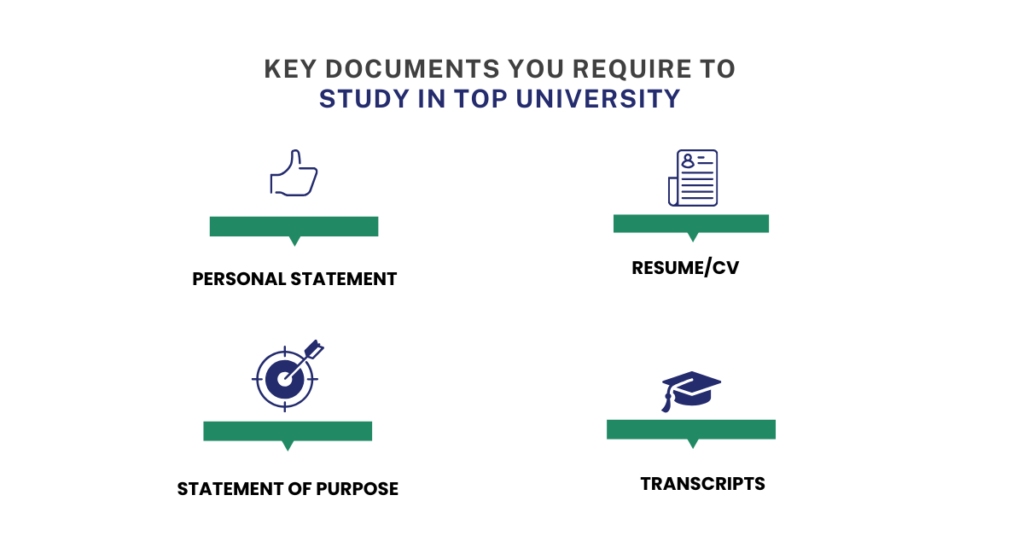
When you ask for a letter of recommendation, you’re essentially asking someone credible to vouch for your potential. Most schools require you to submit the letter directly through their portal or email it as part of the grad school application.
How To Get Letters Of Recommendation For Grad School?
You could have a killer application essay, a sharp GPA, and professional achievements that make you shine—but blow it all with a weak academic letter of recommendation. And guess what? That’s exactly what happens when students ask a professor they barely know from a class you took two years ago—or when they request a letter of recommendation three days before the application deadline.
News flash: no one’s writing a glowing professional letter under pressure. If you’re applying to graduate school and still treating letters of rec as a last-minute checkbox, you’re doing it wrong. Recommendation for grad school is not just a formality—it’s a strategic move that could make or break your grad school application.
1. Not Everyone Who “Knows You” Should Write One
It’s tempting to ask a professor or manager just because you’ve interacted with them—but that’s not enough. You need someone who knows your academic work, professional achievements, or field of study deeply. The ideal recommender is able to speak to your potential for success in the grad program, not someone who vaguely recalls you as “hardworking.” Don’t settle. Find someone else if your first choice hesitates or doesn’t agree to write.
2. Timing Isn’t Just Important—It’s Everything
Professors and managers get swamped during application season. So when you’re requesting a letter of recommendation, do it well in advance—minimum 4-6 weeks before the application deadline. Give them time to write thoughtfully. Rushed letters of rec scream mediocrity and ruin your shot at the program’s requirements—especially for competitive degrees like an MBA or specialized area of study.
3. Spoon-feed Them Context—Or They’ll Guess (Wrongly)
When requesting a letter, don’t assume your former professor remembers your academic or professional wins. Share your application essay, work history, resume, and notes about the degree program you’re applying to graduate from. Let your recommender know what the program’s all about and how you fit into it. If you don’t guide them, they’ll wing it—and the letter on your behalf will lack depth, clarity, and strategy.
4. Quantity Isn’t the Goal—Strategic Relevance Is
Most grad school requires two or three letters. But not just any three. Balance between academic or professional voices based on what your grad program prioritizes. For research-heavy degrees, lean toward faculty. For an MBA or practice-focused program, blend both. Each graduate school letter of recommendation should highlight a different aspect of your profile—not echo the same praise.
5. Your Work Isn’t Done After the Ask
You don’t just ask for letters of recommendation, disappear, and expect magic. Follow up. Gently remind them as the application process progresses. Make it easy for them to write a recommendation letter—include deadlines, submission links, and templates if needed. Once they submit the letter, send a thank you note. Always. That’s how you build long-term goodwill, especially when that recommender might be key to future academic or professional paths.
Example Of A Request For Letter Of Recommendation For Graduate School
Now, how exactly you should ask for it in an email without sounding robotic, desperate, or overly formal? Simple—be respectful, give context, and make it easy for them to say yes.
Here’s how to do it right:
Subject: Request for a Letter of Recommendation for Graduate School
Hi Professor,
I hope you’re doing well. I’m reaching out to ask if you’d be willing to write a letter of recommendation on my behalf for my upcoming grad school application. I truly enjoyed your computer science class and appreciated your feedback on my work, which helped me grow academically.
I’m applying to MS In Computer Science at Harvard University, and I believe your insight into my academic abilities and work ethic would really strengthen my application. I’ve attached my resume, personal statement, and details about the program for context. The deadline to submit the letter is 27.06.2025, and I’ll provide the submission link as soon as you agree.
Please let me know if you’d feel comfortable writing the letter—if not, I completely understand and truly appreciate your time either way.
Thank you so much,
Atul
Conclusion
At the end of the day, a letter of recommendation isn’t just a letter—it’s someone putting their name on the line for you. And that trust doesn’t happen overnight. If you’re going to grad school, own the process. Don’t treat asking for letters like a chore; treat it like part of your application strategy.
Build real relationships, give people time, and guide them with purpose. You’re not just trying to get into a grad program—you’re showing the admissions committee that someone who truly knows you best believes in your potential. That, more than anything, helps you stand out from the crowd.
Most applicants panic when it’s time to ask for a letter of recommendation—but you won’t. At Ambitio, we help you write a great letter of recommendation, guide you with the right context, and make sure every letter speaks volumes about your potential. No awkward asks, no generic letters—just smart strategy that works. Get Ambitio Elite
FAQs
Who should I ask for a letter of recommendation?
Ask professors, supervisors, mentors, or colleagues who know your academic abilities and work well, especially those familiar with your research or relevant experience
How far in advance should I ask for a letter?
Give your recommenders at least six weeks to write and submit the letter to be considerate of their time
What information should I provide to my recommenders?
Provide your resume, transcript, personal statement, and details about the graduate program to help them write a tailored and persuasive letter
What should a strong letter of recommendation include?
It should introduce the recommender’s relationship to you, highlight your academic strengths, relevant experience, character traits, and explain why you are a good fit for the program
How should I ask for a letter of recommendation?
Ask in person or via a professionally worded email or call, being polite and clear about your goals and deadlines
How many letters of recommendation are typically required?
Most graduate programs require three letters, though some may require two or allow up to five

You can study at top universities worldwide!
Get expert tips and tricks to get into top universities with a free expert session.
Book Your Free 30-Minute Session Now! Book a call now















